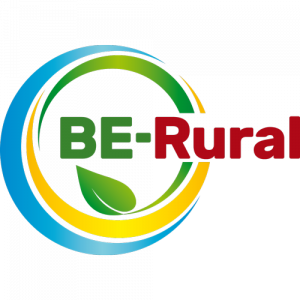
At the occasion of the Global Bioeconomy Summit 2020, 16-20 November, BE-Rural and POWER4BIO organised a joint breakout session on how 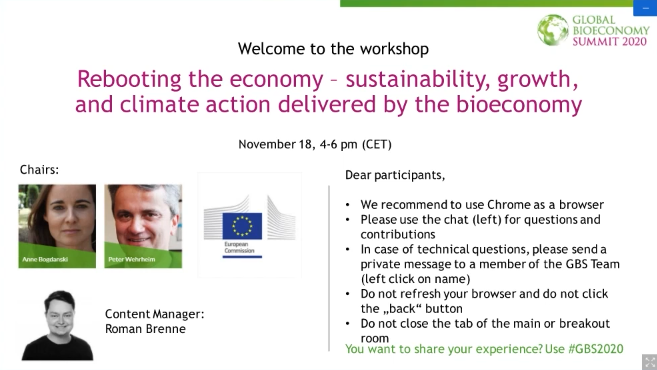 local bioeconomies can be a vector contributing to an economic rebound in a post-COVID-19 society. The breakout session was part of a workshop on “Rebooting the economy – sustainability, growth, and climate action delivered by the bioeconomy”, hosted by the European Commission’s DG RTD, and co-organised by BE-Rural, POWER4BIO, the Region Grand-Est, France, BIOVOICES, BIOEASTsUP and Submariner. The workshop involved speakers from all over the world, including the likes of Anne Bogdanski, Natural Resources Officer, Office of Climate Change, Biodiversity and Environment, UN Food and Agriculture Organization, Godfrey Nzamujo, Director, Songhaï Center, Benin, and Blake Simmons, Division Director, Biological Systems & Engineering, Berkeley Lab, among others.
local bioeconomies can be a vector contributing to an economic rebound in a post-COVID-19 society. The breakout session was part of a workshop on “Rebooting the economy – sustainability, growth, and climate action delivered by the bioeconomy”, hosted by the European Commission’s DG RTD, and co-organised by BE-Rural, POWER4BIO, the Region Grand-Est, France, BIOVOICES, BIOEASTsUP and Submariner. The workshop involved speakers from all over the world, including the likes of Anne Bogdanski, Natural Resources Officer, Office of Climate Change, Biodiversity and Environment, UN Food and Agriculture Organization, Godfrey Nzamujo, Director, Songhaï Center, Benin, and Blake Simmons, Division Director, Biological Systems & Engineering, Berkeley Lab, among others.
The workshop put the spotlight on the opportunities provided by the sustainable and circular bioeconomy to boost the resilience of local and national economies and stimulate post-COVID-19 growth. Via a panel discussion, several keynotes, and a plenary session, actionable bioeconomy solutions from different continents were presented as prime contributors to the green transition towards a carbon neutral future.
The full recording of the main workshop is available hereunder:
The +120 attendees had the option of choosing between four parallel working groups that lasted one hour each. In each working group, participants discussed key questions about scalable and actionable bioeconomy solutions. The following aspects of the bioeconomy were split between the four breakout sessions:
– land-based bioeconomy (facilitated by Grand Est and BIOVOICES)
– blue bioeconomy (facilitated by Submariner)
– the role of bioeconomy in developing countries (facilitated by BIOEASTsUP)
– bioeconomy at local level (facilitated by BE-Rural and POWER4BIO)
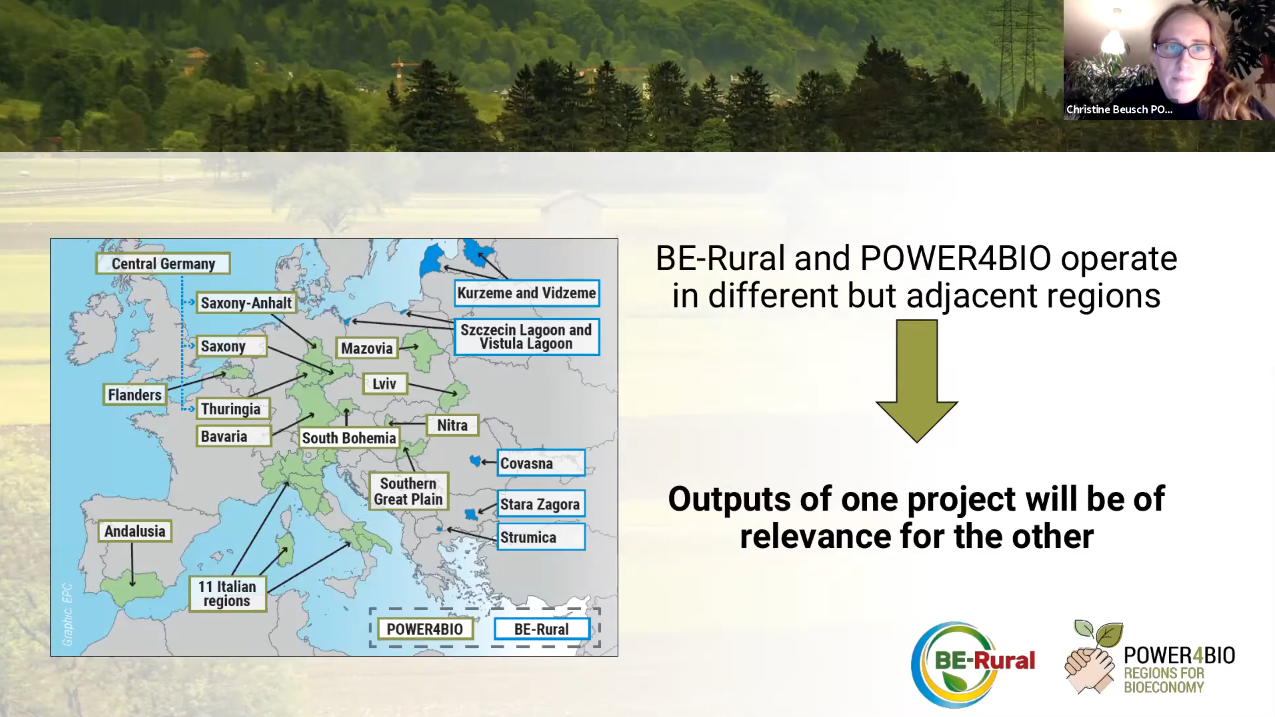 More than 30 participants attended the breakout session on the bioeconomy at local level. An introduction to both EU projects delivered by Christine Beusch, EPC, and Laura Garcia, DBFZ, for POWER4BIO, and Zoritza Kiresiewa, Ecologic Institute, for BE-Rural, got the session started. The emphasis was put on the shared objective of fostering proactive stakeholder engagement, interregional networking, and cross-border exchange of knowledge in order to facilitate the development of regional bioeconomy strategies and roadmaps. The different, but adjacent, regions that are in the focus of the two projects were also presented to the participants.
More than 30 participants attended the breakout session on the bioeconomy at local level. An introduction to both EU projects delivered by Christine Beusch, EPC, and Laura Garcia, DBFZ, for POWER4BIO, and Zoritza Kiresiewa, Ecologic Institute, for BE-Rural, got the session started. The emphasis was put on the shared objective of fostering proactive stakeholder engagement, interregional networking, and cross-border exchange of knowledge in order to facilitate the development of regional bioeconomy strategies and roadmaps. The different, but adjacent, regions that are in the focus of the two projects were also presented to the participants.
In order to understand the composition of the audience and encourage dynamic exchanges of opinions, participants were asked to answers various questions. In a first step, answers to these questions enabled us to know that the majority of the participants came from Europe, and mostly from academia and R&D institutes, and had been engaged with national and regional bioeconomy strategies. With this information, question rounds derived from the three following guiding questions were organised:
How can the bioeconomy contribute to deeply transformative climate action initiatives, such as the European Green Deal?
The European Green Deal is the European Commission’s plan to make the EU economy sustainable by reducing GHG emissions to zero by 2050, and thereby ensuring an economic growth without feedstock depletion and leaving no person or region to its own devices. As the industrial and residential heat and power productions contribute the largest human share of GHG emissions, we asked our participants which specific ‘bioenergy’ transition approach would lead to the biggest GHG emission reduction in the next decade. Suggestions included biogas from food waste streams and other waste or residues, pyrolysis oil from forest residues to replace fossil oil, and a reduced reliance on global supply structures. POWER4BIO partner, Martien van den Oever from Wageningen Univeristy & Research also asked participants about the hurdles preventing the improvement of recycling rate for packaging to new and high-quality products and which resolutions could overcome these hurdles. As the replacement of fossil feedstock with bio-based feedstock would increase the pressure on the biomass availability and, therefore, may deplete soil quality, it was concluded that more consideration should be given to how we can bring the required nutrients back to the soil in a circular way.
How to address conflicting sustainability objectives (environmental, social and economic trade-offs) in the development of a bioeconomy strategy?
Zoritza Kiresiewa and Holger Gerdes, Ecologic Institute, moderated discussions around the second guiding question.
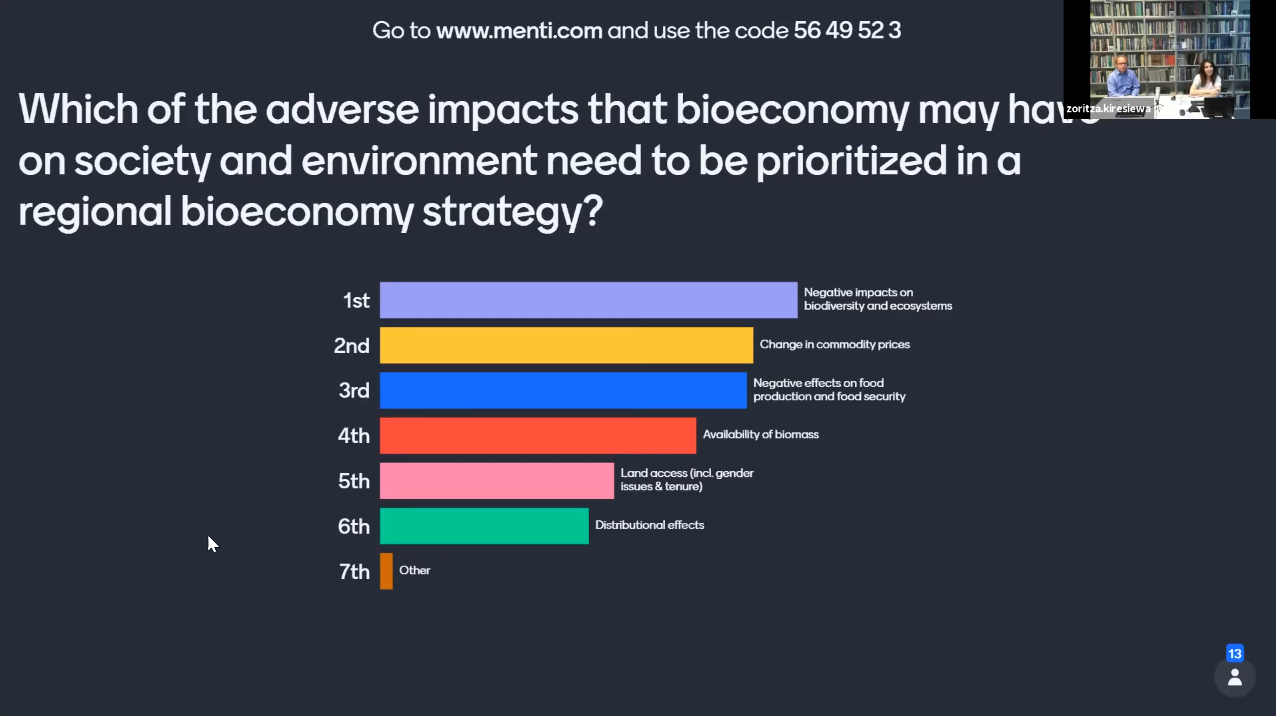 They asked the audience about the adverse impacts which bioeconomy may have on societal and environmental needs that should be prioritised in a regional bioeconomy strategy. The participants could choose from several options. The negative impacts on biodiversity and ecosystems was rated as the top priority, followed by the negative effects on food production and food security. When asked if there are any good practice examples when it comes to addressing these negative impacts in an effective manner, the audience suggested cross-sectoral strategies, such as involving different authorities and the elaboration of sustainability rules for the use of biomass, as just developed in the Netherlands, for example. While a few participants deemed it “impossible” to make up for these trade-offs, others argued in favour of further stakeholder involvement and the establishment of an ongoing dialogue from the very beginning of the development of a bioeconomy strategy. Overall, the audience did not appear to be too optimistic with regards the achievement of a consensus around this question.
They asked the audience about the adverse impacts which bioeconomy may have on societal and environmental needs that should be prioritised in a regional bioeconomy strategy. The participants could choose from several options. The negative impacts on biodiversity and ecosystems was rated as the top priority, followed by the negative effects on food production and food security. When asked if there are any good practice examples when it comes to addressing these negative impacts in an effective manner, the audience suggested cross-sectoral strategies, such as involving different authorities and the elaboration of sustainability rules for the use of biomass, as just developed in the Netherlands, for example. While a few participants deemed it “impossible” to make up for these trade-offs, others argued in favour of further stakeholder involvement and the establishment of an ongoing dialogue from the very beginning of the development of a bioeconomy strategy. Overall, the audience did not appear to be too optimistic with regards the achievement of a consensus around this question.
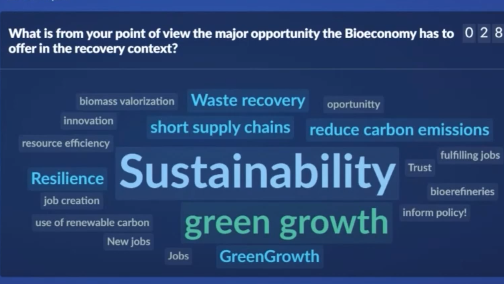
What are best practices for scalable bioeconomy solutions to make economies more resilient and to stimulate growth for the Covid-19 recovery?
In the last section, POWER4BIO project partner, Dries Maes from the Flemish Department of Economy, Science and Education asked the audience about the priorities that would be mostly attractive for international partners to co-develop a regional bioeconomy. Official governmental support was rated as the top priority, followed by project financing opportunities, and available local cooperatives for biomass provision. Considering the bioeconomy put in a local context, involving local actors and creating new local business opportunities and value chains, the participants were also asked about what are for them the most important priorities to drive a locally embedded bioeconomy cluster? Most participants ranked platforms for collaborations with local partners as the most important priority, followed by skilled and trained personnel available in the region. As the least important option, access to international markets for products was chosen. The final question was about educational topics and skills necessary for a bioeconomic growth. Most participants rated sustainability and biodiversity as the most important topics for bioeconomy education, followed by agriculture and forestry. As third most important educational topics came the fields of chemistry, biotechnology, business and entrepreneurship. Finally, education in the topics mechanics, marine and freshwater aquaculture received no or only two votes, respectively.
Gain access to the Mentimeter results of the breakout session here
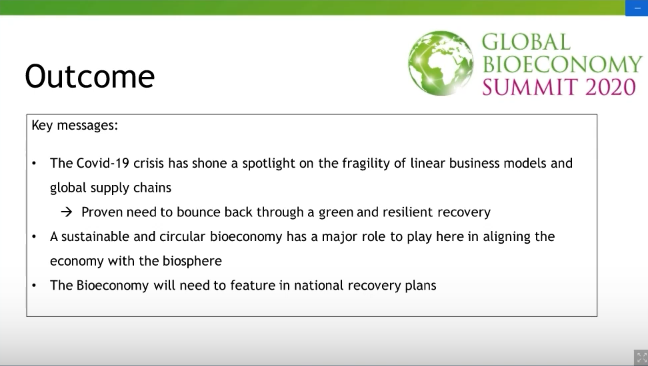
Our rapporteur, BE-Rural project partner, Elsa João from the Strathclyde University made concluding remarks to close the joint breakout session and wrap up the discussions. Her main conclusion was that in the breakout group, and maybe in the main workshop held by the European Commission, stakeholders from the industry were quite missing. The interesting and out-of-the-box answers brought to the open questions were highlighted, especially those with regards to the bioenergy transition and to the societal and environmental hurdles and adverse impacts related to the bioeconomy. One of the suggestions she retained, for example, about how we can bring back nutrients to soils is using algae that can be grown on land with the use of artificial tanks or soil fertilisers. Elsa’s final words put the emphasis on the importance of stakeholder involvement, constant dialogue, communication and knowledge exchange by sharing good practice examples.
You can watch the video recording of the joint POWER4BIO and BE-Rural breakout session on regional bioeconomy here:
